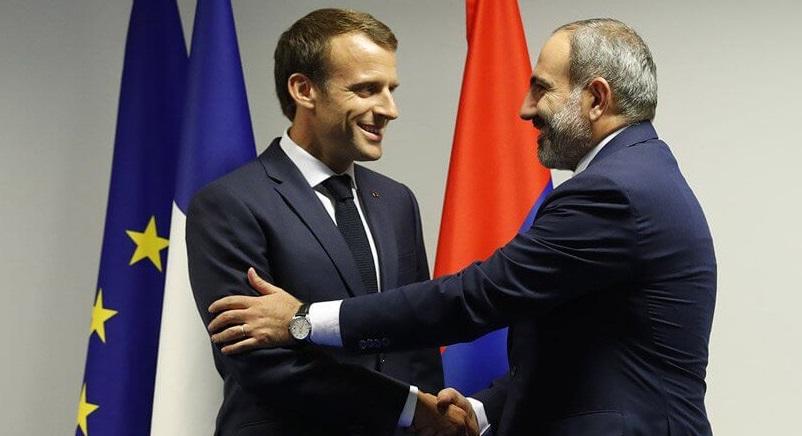Why Pashinyan ready to talk to Aliyev in Brussels, not in Moscow?

The Armenian Foreign Ministry announced this afternoon that Prime Minister Nikol Pashinyan will meet with Azerbaijani President Ilham Aliyev on the margins of the Eastern Partnership summit to be held on December 15 in Brussels.
Recall that initially the meeting of the leaders of Azerbaijan and Armenia was supposed to be held in a trilateral format, with the participation of Russian President Vladimir Putin in Moscow on November 9-10.
However, then information began to leak out that the meeting in Moscow would not take place. First, the press secretary of the Russian president Dmitry Peskov said that the meeting would be organised in the coming days after the anniversary of the Karabakh war victory, then he changed the wording: the parties will definitely meet, but the exact date is still unknown. Finally, both Peskov and Foreign Minister Sergei Lavrov, as well as other Russian diplomats informed that Aliyev and Pashinyan will hold negotiations as soon as both sides give their consent.
A logical question immediately arises: who does not agree to a meeting in Moscow? Pashinyan has his own reasons. First of all, the meeting on November 9-10, on the anniversary of the surrender, was too dangerous for him, as the Karabakh clan, which continues to largely control the state structures and the Armenian army, would certainly take an advantage to raise a new riot and overthrow Nikol Pashinyan. The Kremlin, judging by the initial words of Peskov, understood this and proposed other dates in November, which were no longer associated with any events.
But Pashinyan refused to go to Moscow anyway. Official Yerevan is clearly not satisfied with the balanced policy pursued by Russia in the South Caucasus.
The Armenian authorities are forced to interact with Russia because only Russia is interested in a peaceful and secure future of the South Caucasus in general and Armenia in particular. Without the mediation of the Kremlin, Yerevan would suffer much more catastrophic loses in the Karabakh war, but if it had a choice, it would have chosen the West as its ally, not Moscow. The current government, headed by Nikol Pashinyan, is directly linked to Western structures, mainly American and French. Both Washington and Paris, in fact, lost a geopolitical game to Moscow for influence in the South Caucasus, were thrown out of the region, but now they hope to return. To do this, they use the leverage that they have - Pashinyan’s regime in Armenia.
Although Nikol Pashinyan and his people continue to assert that Russia is Armenia's unconditional main ally, the statements made this week clearly indicates that Russia alone as a mediator in relations with Azerbaijan is not enough for Yerevan.
Therefore, it is not surprising that Pashinyan did not agree to a meeting in Russia - he does not need it now - and he himself came up with the initiative to hold talks in Brussels. The meeting with the Azerbaijani leader for the Armenian Prime Minister is not as significant as its political context: now not only Russia but also the European Union is engaged in the post-war settlement.
 Latest news
Latest news Latest news
Latest newsIndia’s Long-Term Strategy in the South Caucasus: Armenia’s Role as a Key Partner
27.Feb.2026
Russia’s Large-Scale Air Assault as an Element of Its Pressure Strategy
26.Feb.2026
Drones Are Rewriting the Rules of War: How Unmanned Systems Dominate
25.Feb.2026
Speaker of the Georgian Parliament Expresses Solidarity with Ukraine on Anniversary of War
24.Feb.2026
Kazakhstan Strengthens Strategic Partnership with Georgia
23.Feb.2026
Romania Modernizes Ground Forces Training with Cubic Defense: A Step to Strengthen NATO’s Eastern Flank
20.Feb.2026
Greece Plans to Exclude Turkiye from Future Defense Contracts
20.Feb.2026
U.S.-Based Mars Launches Major Investment Project in Kazakhstan
20.Feb.2026
Parliamentary Elections 2026 in Armenia as a Geopolitical Referendum
20.Feb.2026
Russia and Ukraine Fail to Reach Agreement in Geneva
19.Feb.2026

 01 Mar 2026
01 Mar 2026









